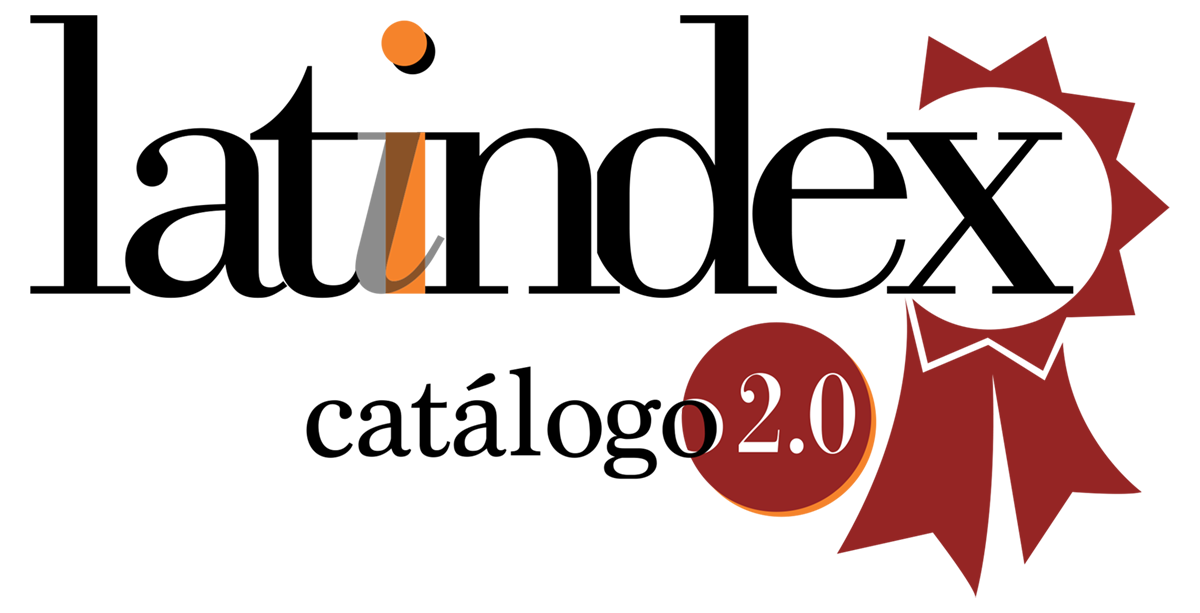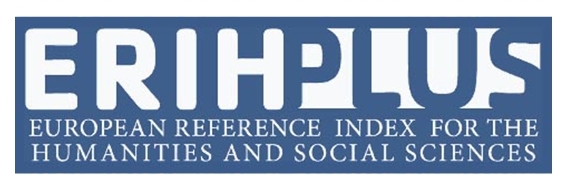«I’m not gay, I’m a 108»
Interview with Erwing Augsten Szokol
DOI:
https://doi.org/10.24215/24690333e043Keywords:
Paraguay, stronato, memory, dissent, 108 caseAbstract
Erwing Augsten Szokol is a researcher and activist, recognized in Paraguay for his work in defense of the rights of the LGBTIQ+ community. The 108 transcends the entire interview. This number is used in that country to disqualify people for their sexual orientation and gender identity. The 108 has its origin in the death of the Radio Comuneros announcer, Bernardo Aranda, and in the persecution against sexual dissidence exercised during the last Paraguayan dictatorship. Szokol reflects on «Case 108» and expresses the importance of reversing the allusion to that number as an insult and turning it into a symbol of political identity, pride and memory.
Downloads
References
Almada Roche, A. (2012). 108 y un quemado ¿Quién mató a Bernardo Aranda? Asunción, Paraguay: Arandurá.
Augsten Szokol, E. y otr@s (2013). 108/Ciento ocho. Asunción, Paraguay: Arandurá. Recuperado de https://108memorias.files.wordpress.com/2013/06/108-ciento-ocho.pdf
Barreto Monzón, A. (2017). Las fiestas privadas. Asunción, Paraguay: Fondo Nacional de la Cultura y las Artes (FONDEC).
Máximo, M. (19 de junio de 2017). 10 archivos digitales para pensar la historia LGBT de América Latina. Cosecha roja. Recuperado de http://cosecharoja.org/archivos-lgbt-america-latina/
Nero Fariña, B. (2010). El siglo perdido. Asunción, Paraguay: Servilibro.
Additional Files
Published
How to Cite
Issue
Section
License
Copyright (c) 2022 Lourdes Agustina Macchias, María Lucila Fleming

This work is licensed under a Creative Commons Attribution-NonCommercial-ShareAlike 4.0 International License.
Current policy since 2019
The acceptance of an original by the journal implies the non-exclusive transfer of the patrimonial rights of the authors in favor of the publisher, who allows the reuse, after its edition (postprint), under a Creative Commons License Attribution-NonCommercial-ShareAlike 4.0 International.
According to these terms, the material can be shared (copy and redistribute in any medium or format) and adapted (remix, transform and create another work from the material), provided that a) the authorship and the original source of their publication (magazine and URL of the work) are cited, b) is not used for commercial purposes and c) the same terms of the license are maintained.
The assignment of non-exclusive rights implies that after postprint in Con X authors may publish their work in any language, media and format; in that case, it is requested that they signal that the material was originally published by this journal.
Assignment also entails the authors’ authorization for the work to be collected by SEDICI, the institutional repository of the Universidad Nacional de La Plata, and for it to be indexed in the databases that the publisher thinks appropriate for enhancing the visibility of the published work and its authors.
In addition, the journal encourages authors to submit their works to other institutional and thematic repositories after their publication in Con X, under the assumption that offering society unrestricted access to scientific and academic production contributes to a greater exchange in global knowledge.








.jpg)

.png)



.png)





















